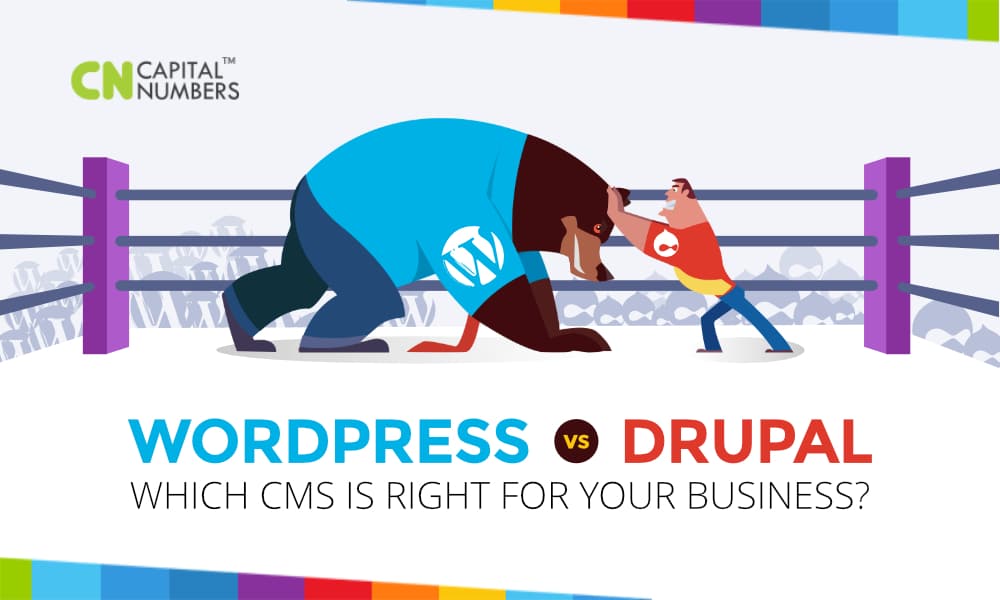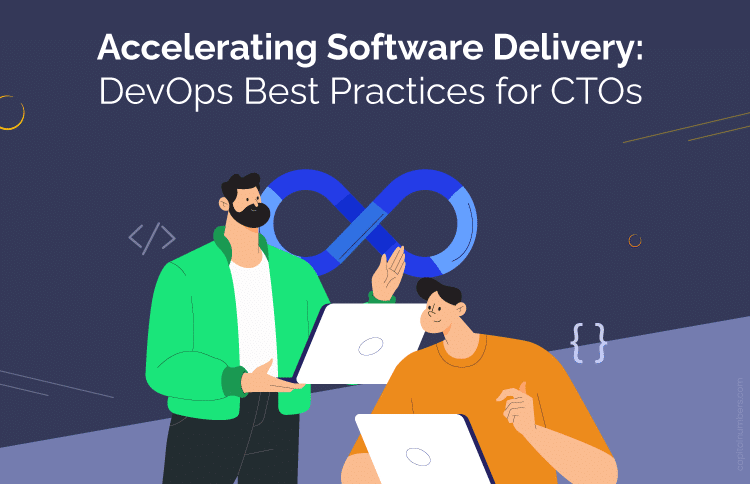WordPress Vs. Drupal: Which Content Management System Is Right For You?
Table of Contents
If you are building a website or a blog, the most crucial decision that you make is choosing a content management system. As we know, content is king in the digital world. Thus, content creation and modification are prime factors in making your website or blog a success. A content management system offers many advantages like control over content publishing, visibility and supporting multiple users. Content management systems, or CMS, are extremely beneficial, especially because they need very little to no prior experience in programming. Consequently, performing administrative tasks is made easier.
Out of all the CMS platforms offering a wide array of features, WordPress and Drupal are powerful platforms. The ease with which they provide their users with customization and content updating processes makes both WordPress and Drupal popular and widely used platforms. If you are out there searching for the right CMS platform for yourself and are confused about which one of the top two you should choose, then keep reading!
WordPress
Although it started as a blogging platform, WordPress has come a long way and become a full-blown site framework. It is powered by AJAX, PHP, HTML, CSS, JavaScript and plenty of plugins, widgets, and themes. You have access to help from skilled developers in WordPress for theme customization, complex builds and setups and installation. The developers will ensure that your site is always installed with the latest updates. There are many advanced custom plug-ins available if you choose WordPress. Walt Disney Co., the LinkedIn blog, TechCrunch and BBC America are some of the popular sites that are powered by WordPress.
Drupal
Drupal refers to itself as a “content management framework” and is a very powerful CMS platform. It allows the user to launch, scale and manage websites and applications. Drupal is the perfect fit for ambitious and larger projects. Powered by PHP, it requires no programming experience to set-up functionalities at lower levels. There are some extended features that include blogging, contact forums, forums and other types of community-style features. These features are an elaboration of Drupal’s core package but need the assistance of Drupal developers. The Economist, Weather.com, some of the US government’s websites and NFL team’s websites are some sites that are powered by Drupal.
WordPress Vs. Drupal
Although there are many similarities between WordPress and Drupal in terms of features, responsiveness, SEO, and APIs, they do have certain differences which you need to consider.
Complex build
WordPress is easier to learn and use, while Drupal, on the other hand, is complex and might take longer to get used to. This complex build of Drupal makes it perfect for larger level projects.
Updates
WordPress updates are released every few months and the code is easily upgradable. The upgrade takes place in the background and that can be a useful feature if you are not a developer. WordPress plugins do not need frequent updates.
Drupal makes comprehensive updates and might be labor intensive as they are not code based. You will have to redesign your website for a particular update. This can be difficult if you are not a developer.
Security of plugins
Drupal is famous for its security which can be a valuable feature for enterprises or government sites. On the other hand, security is offered by a third party in WordPress, and your site is vulnerable to hacking attacks if you do not update regularly.
Make a List and Ask Some Questions
Before you finalize a platform, you need to make a list of your needs. If you are clear about what you want, making a decision will be easier. Ask yourself the following questions:
What Kind of Website or Application are You Building?
Think how you want your site to perform. Is your site going to be a complex site with many pages and will it be getting a high volume of traffic? This will help you to decide which one of the two websites will suit your needs.
Budget
This is one of the crucial factors as well. The budget may vary, and the development of the site on Drupal can be more expensive than with WordPress.
Users, Templates, and Security
You must think how many users will access the site. Users need user permission and WordPress allows adding users with standard roles and permissions. When you are choosing a CMS you must ask yourself how many different templates you might need to match the different types of content you might have on your site. If your site is more complex and you need different templates, Drupal’s robust features might be suitable for you. Security is an important aspect that you will have to consider, especially, if your website is an enterprise level website.
In conclusion, WordPress is technically easier and Drupal, though more complex, offers amazing features. You can choose which CMS platform to use based on the needs of your project.















